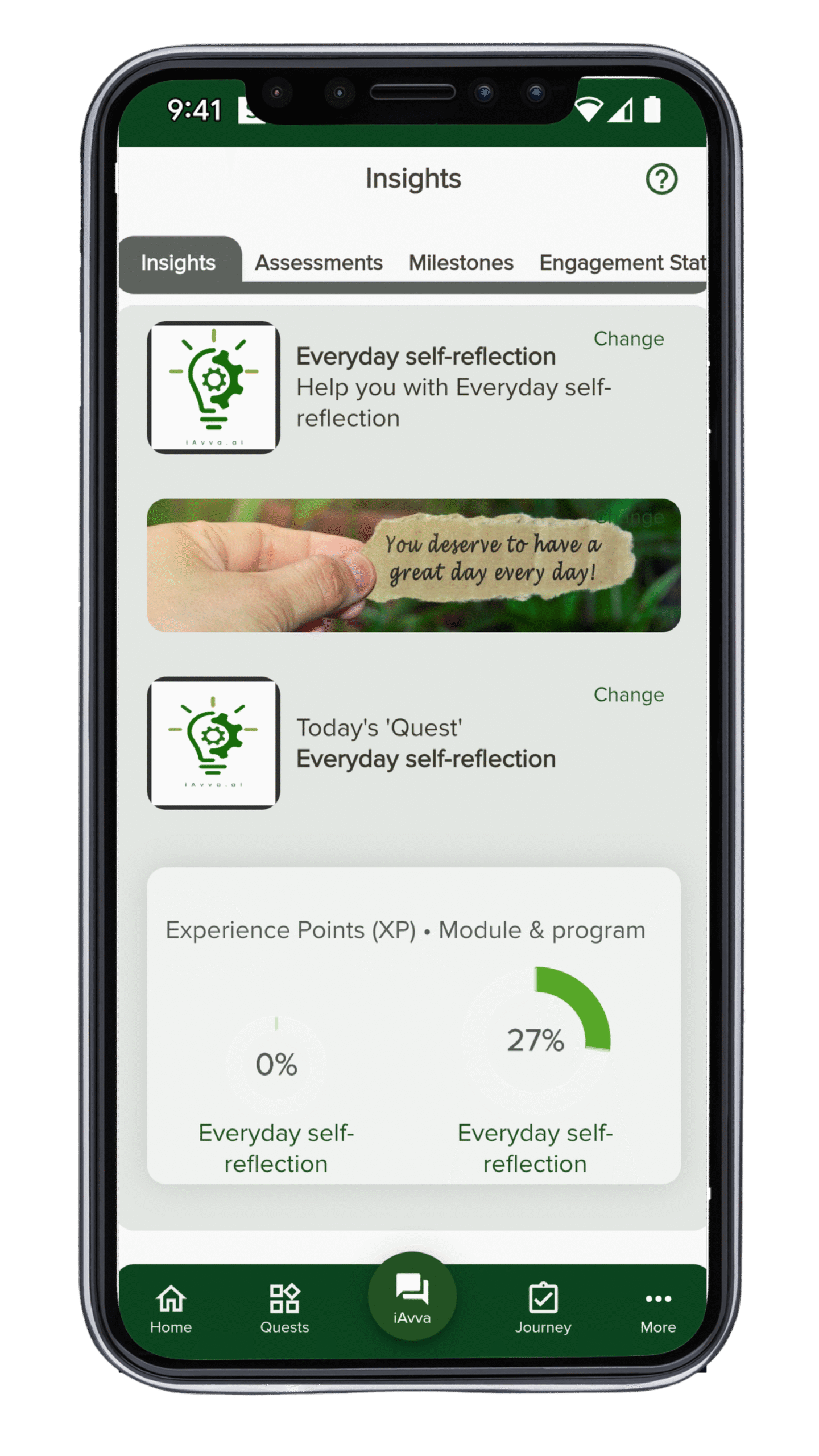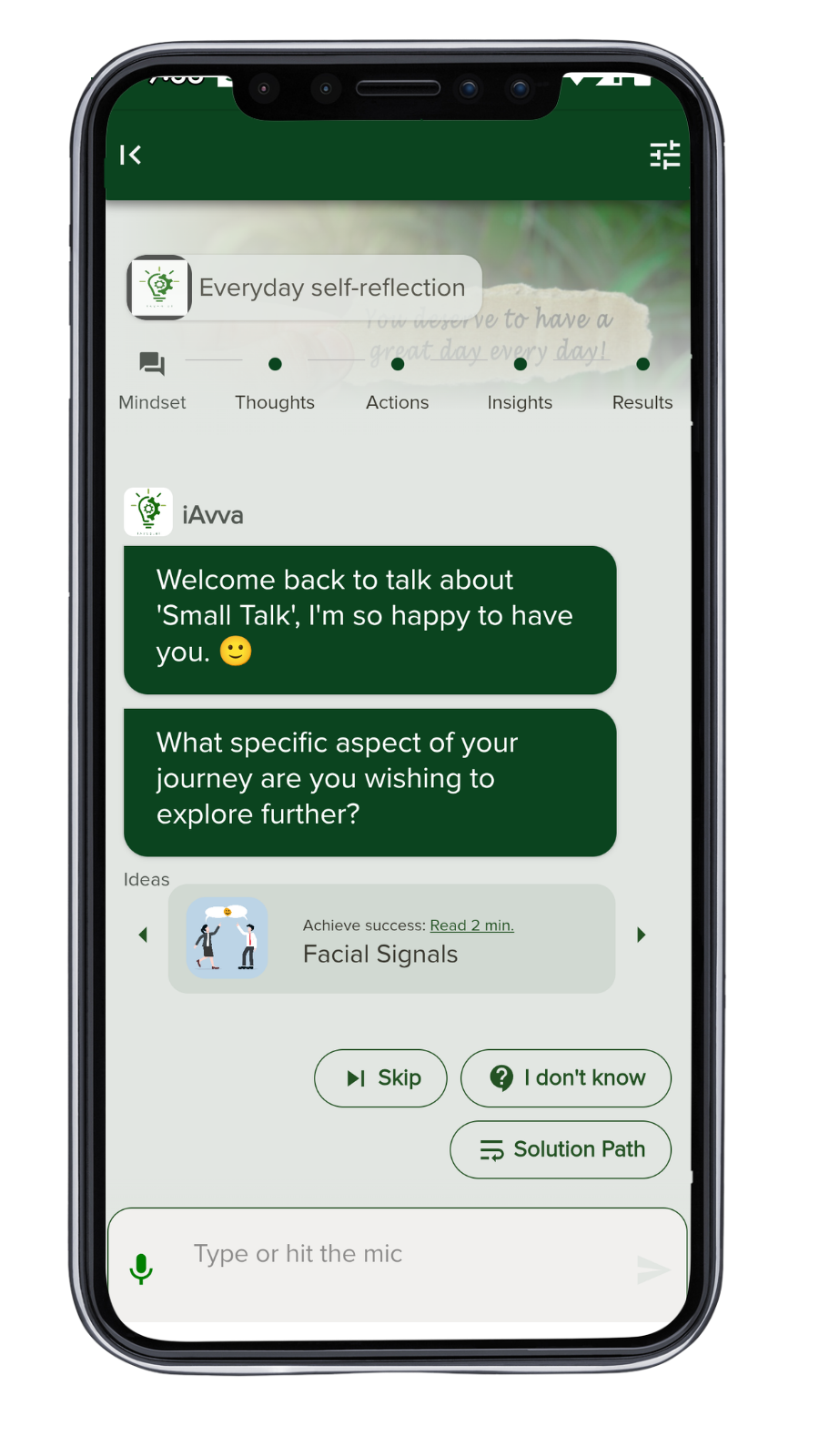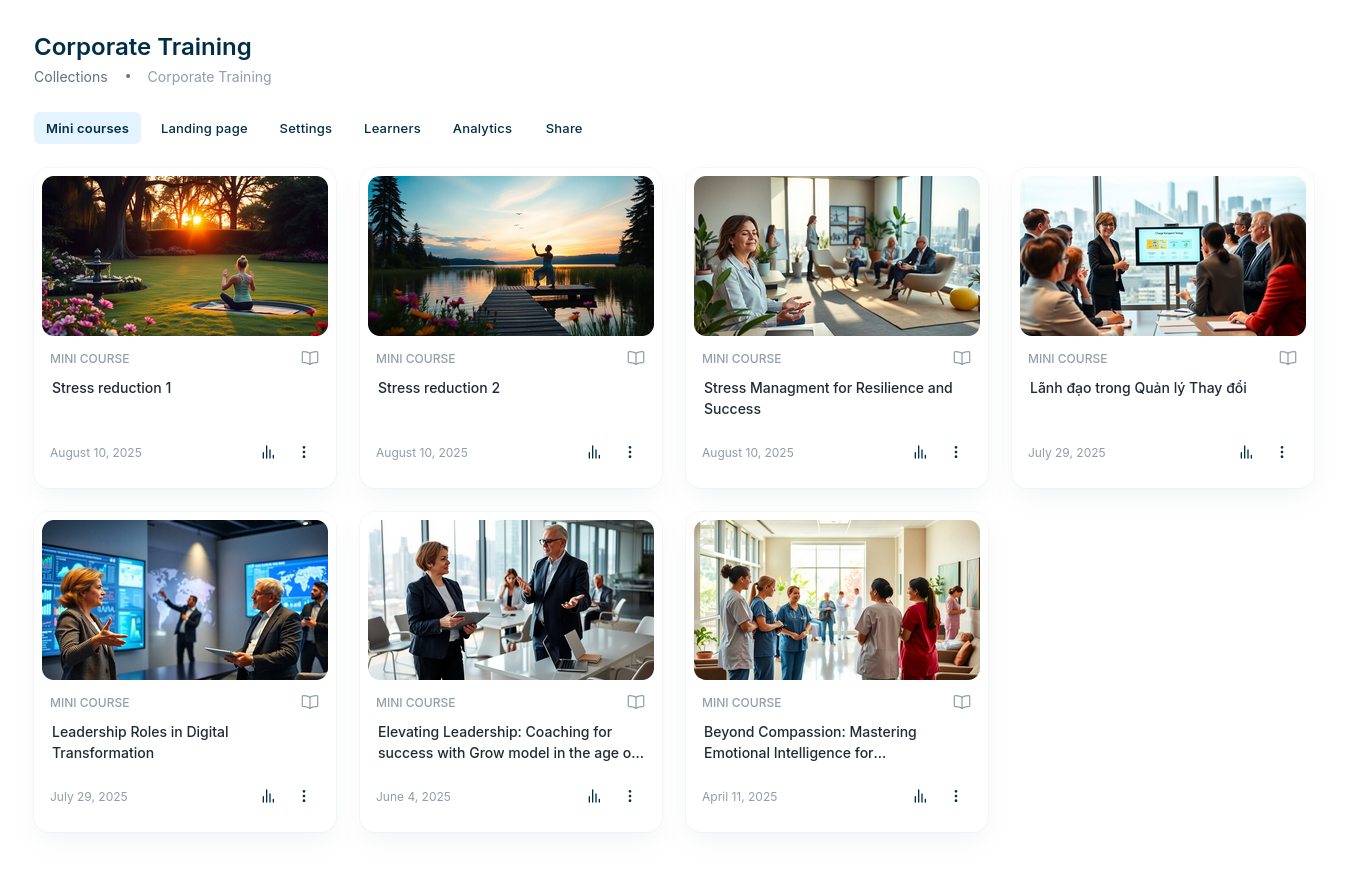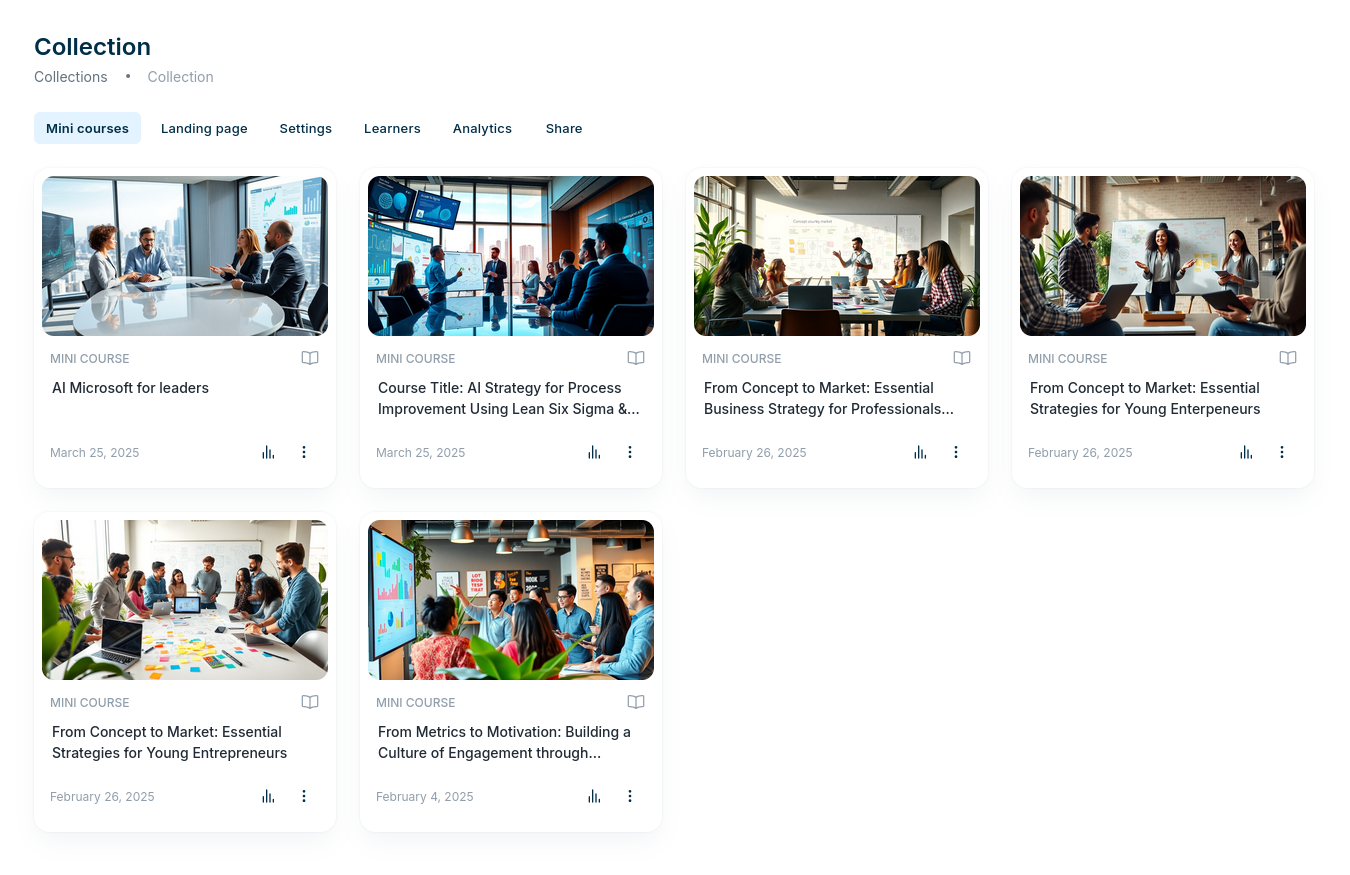What type of businesses can use iAvva AI Coach App
iAvva AI Coach is a five-minute, multilingual self-reflection platform designed to help leaders grow with clarity, courage, and consistency. It’s not a replacement for human coaches—it’s your always-on growth companion. Here’s what it does: Daily Prompts for Decisive Leadership: Rooted in neuroscience, positive psychology, and ICF coaching principles, it delivers bite-sized reflection questions that build habits of ethical, effective leadership. – Strategic Alignment: Syncs personal goals with business OKRs so your growth translates into measurable impact. – Inclusive & Secure: Neurodiversity-friendly, audio/text options, GDPR-compliant, and encrypted for privacy. – Real-Time Analytics: HR and L&D teams get dashboards to track engagement and growth across the organization. It’s available on the Web, iOS, and Android in 19 languages, and early users report significant boosts in focus, self-awareness, and productivity. – Dual Modes: – Coach Mode for deep self-reflection – Mentor Mode for practical guidance and leadership frameworks As seen on Morning Star, Business Insider, and more https://www.morningstar.com/news/globe-newswire/9452534/avva-thach-ai-consulting-launches-iavva-ai-coach-a-daily-aipowered-self-reflection-platform-for-decisive-leadership Support SMBs, academic institutions






































